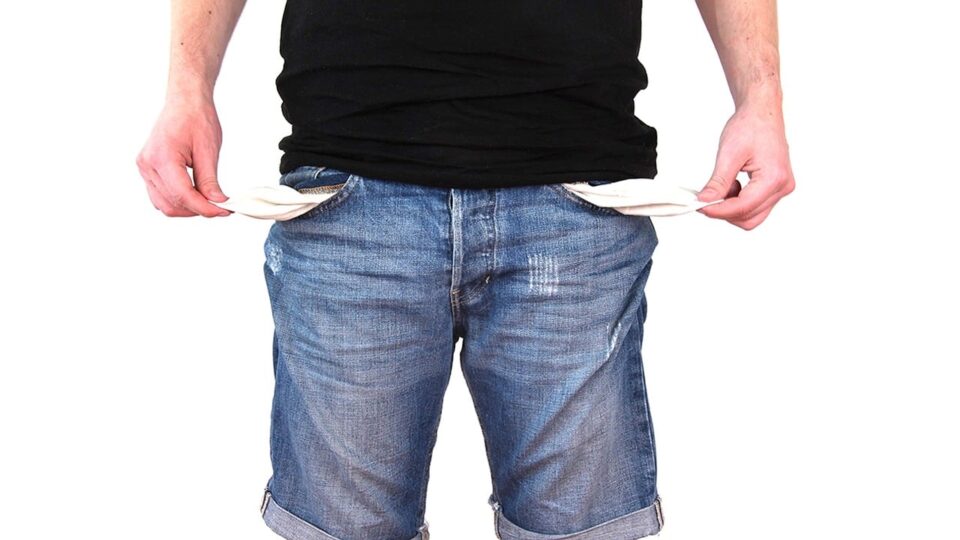Bankruptcy can provide individuals and businesses in the UK with a fresh start from overwhelming debts. However, not all bankruptcy cases reach a successful conclusion, resulting in undischarged bankruptcy. In this article, we will explore undischarged bankruptcy under UK law, including its definition, causes, implications, and the path to eventual discharge.
Understanding Undischarged Bankruptcy in the UK
Undischarged bankruptcy in the UK refers to a situation where a bankrupt individual or business has not yet received a discharge from their debts through the bankruptcy process. The discharge is the legal release from most debts and obligations associated with bankruptcy. Failure to meet certain requirements and obligations under UK bankruptcy law can result in the bankruptcy case remaining undischarged. Here’s a guide on what is undischarged bankruptcy?
Causes of Undischarged Bankruptcy
Several factors can contribute to undischarged bankruptcy in the UK:
- Non-compliance: Debtors must comply with various obligations, including attending credit counseling sessions and providing accurate information about their finances. Failure to meet these obligations may lead to the denial of discharge.
- Failure to Cooperate: Debtors are required to cooperate fully with the Official Receiver or the appointed insolvency practitioner, providing requested information and documentation. Non-compliance or failure to cooperate can result in undischarged bankruptcy.
- Disqualification: Disqualification from discharge can occur if the debtor has engaged in dishonest or fraudulent behavior, failed to keep proper accounting records, or has been involved in certain offenses related to bankruptcy or insolvency laws.
Implications of Undischarged Bankruptcy
Undischarged bankruptcy has several implications under UK law:
- Continued Liability: Debtors with undischarged bankruptcy in the UK remain legally responsible for repaying their debts. Creditors can continue their collection efforts, including wage garnishment or legal actions to recover outstanding amounts.
- Credit Score Impact: Undischarged bankruptcy has a significant negative impact on a person’s credit score, making it difficult to obtain credit in the future. It may affect the ability to secure loans, credit cards, mortgages, or even impact employment opportunities.
- Financial Restrictions: Individuals with undischarged bankruptcy face limitations in accessing financial services, such as obtaining credit or opening bank accounts. It may also affect the ability to serve as a company director or hold certain professional positions.
- Delayed Fresh Start: Undischarged bankruptcy delays the opportunity for a fresh financial start, keeping individuals or businesses in a state of financial uncertainty and hindering their ability to rebuild their financial lives.
Seeking Discharge and Moving Forward
Debtors facing undischarged bankruptcy in the UK can take steps towards seeking discharge and moving forward:
- Compliance and Cooperation: Fulfilling all obligations and cooperating fully with the Official Receiver or insolvency practitioner is crucial. Debtors must provide accurate information and cooperate throughout the bankruptcy process.
- Seeking Professional Advice: Engaging the services of a qualified insolvency practitioner or a bankruptcy solicitor can provide valuable guidance and increase the chances of a successful discharge. They can navigate the complexities of UK bankruptcy law and help debtors meet the necessary requirements.
- Financial Rehabilitation: Debtors can work towards financial rehabilitation by creating a budget, managing their finances responsibly, and exploring debt repayment options. This may involve negotiating with creditors, entering into Individual Voluntary Arrangements (IVAs), or considering Debt Relief Orders (DROs) or Debt Management Plans (DMPs) if eligible.
- Rebuilding Credit: Over time, debtors can rebuild their credit by demonstrating responsible financial behavior, paying bills on time, and obtaining credit products specifically designed for individuals with a poor credit history.
Conclusion
Undischarged bankruptcy under UK law signifies a phase where debtors have not yet received a discharge from their debts

